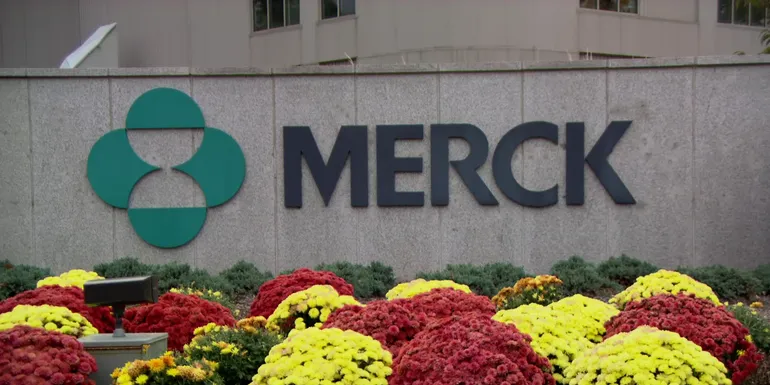Gilead says its breast cancer drug helped patients live longer in study


Dive Brief:
- Gilead on Wednesday said its breast cancer medicine Trodelvy helped patients whose tumors have spread live roughly three months longer than those given chemotherapy in a clinical trial, an improvement that analysts argue could help persuade physicians to use the drug.
- Patients on Trodelvy, who were previously treated with hormone therapy and chemotherapy, lived a median of 14.4 months following enrollment in the trial, while those randomized to receive another round of chemotherapy lived 11.2 months. Gilead disclosed detailed survival data ahead of a medical conference, following an August announcement that researchers had observed a benefit.
- Trodelvy’s benefit was not as large as what was reported for a rival drug called Enhertu, which extended patients’ lives by more than six months when compared to placebo. However, because Gilead’s drug works differently, analysts said it could be used after Enhertu, leading them to increase their annual sales forecasts for the drug by hundreds of millions of dollars.
Dive Insight:
The Food and Drug Administration has approved Trodelvy in patients whose tumors don’t initially respond to targeted treatments like hormone therapies or Herceptin. The data released ahead of the European cancer meeting known as ESMO come from a trial called TROPiCS-02, which was designed to test whether Trodelvy will work in patients whose tumors were initially treated with hormone therapies like tamoxifen, followed by a targeted drug like Ibrance and then rounds of chemotherapy.
Analysts had previously said Trodelvy would need to show at least 2.5 months of survival benefit to be considered clinically meaningful. In August, Gilead announced a statistically significant benefit on overall survival, but saved the detailed data for the ESMO presentation.
That August announcement was enough for Gilead to buy back Asian marketing rights from China-based company Everest Medicines, for an upfront payment of $280 million. Everest had licensed the marketing rights from the drug’s original developer, Immunomedics, in 2019. Gilead bought Immunomedics in 2020 for $21 billion, part of the company’s rapid expansion into cancer drugs.
While the data help to resolve the question of whether Trodelvy works in these patients, it doesn’t answer whether or when physicians should prefer it over Enhertu, a drug marketed by AstraZeneca and Daiichi Sankyo. Enhertu’s results in a trial called DESTINY-Breast04 showed a larger survival benefit of 6.4 months.
However, those patients had very low, but still detectable, levels of a protein called HER2, while the patients in Trodelvy’s trial were characterized as HER2 negative. Some participants in the Enhertu trial would have previously been characterized as HER2 negative.
Michael Yee, an analyst for Jefferies, wrote in a note to clients that Trodelvy’s results may be comparatively worse because Gilead enrolled a sicker population. Patients in the placebo arm of the Enhertu trial lived a median of around 17 months after enrollment, compared with 11 months in the Trodelvy trial.
Yee added that he expects the FDA to approve Trodelvy for these patients and that it will be used after Enhertu.
RBC Capital Markets analyst Brian Abrahams, meanwhile, said he sees Trodelvy being used in the 30% to 40% of potential Enhertu patients who are “truly HER2 null” as well as in sequence. Annual sales of the drug could reach $1.1 billion a year should its use be expanded, Abrahams wrote in a note. Gilead recorded Trodelvy sales of $380 million in 2021.
This post has been syndicated from a third-party source. View the original article here.




